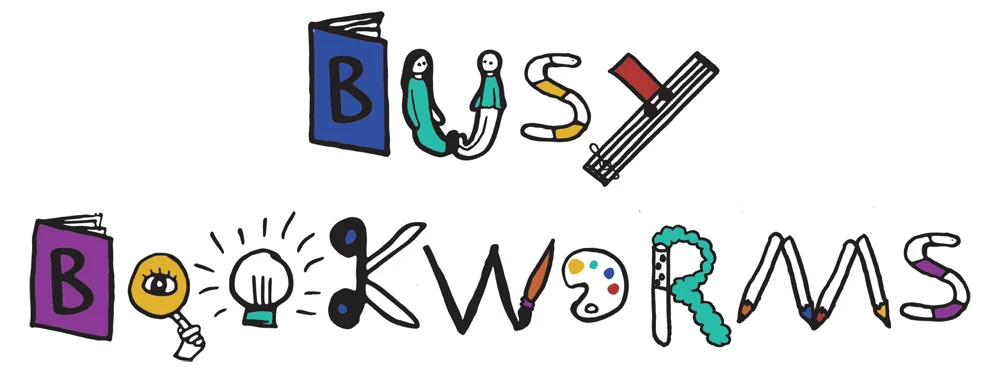Last week my daughter had a meltdown for one hour (seriously…one whole hour) about not wanting to get in the shower. And I was fine. I managed to stay very calm, alternating between bouts of trying to reason with her, and leaving her to sob it out on the couch by herself. I was actually consciously proud of how calm I managed to remain. But then it was time to take the iPad back from my son at the end of his precious 15 minutes of allotted screen time...when he started to lose it, so did I.
It was the final straw – my patience was frayed to breaking point, and I knew I needed to remove myself from the situation as quickly as possible. Daddy dealt with the kids while I retreated to the bedroom, into the fantasy world of the novel I’m currently reading. Within minutes I felt my heart rate slow, my breathing return to normal, my muscles relax, and my body begin to recover its calm demeanour. What happened? It was all so noticeable, and since then I’ve been wondering how it actually works.
How does reading manage to have such a profound physiological effect?
Studies Have Been Done
Unsurprisingly, studies have been conducted into exactly this issue – looking at how and why reading is such a great form of stress relief. Research conducted at the University of Sussex in England involved exposing subjects to increased levels of stress, and then trying a range of stress-reducing strategies to help them relax. Reading was by far the most effective – more than going for a walk, having a cup of tea or listening to music. In fact, after just six minutes, participants’ stress levels declined by 68%, and in some cases even to a lower rate than before the test begun.
And these effects were not just short term – increases in brain function were measured for several days after the reading occurred. In separate research, Dr. Gregory S. Berns, director of Emory University's Center for Neuropolicy found that "At a minimum, we can say that reading stories — especially those with strong narrative arcs — reconfigures brain networks for at least a few days. It shows how stories can stay with us. This may have profound implications for children and the role of reading in shaping their brains."
So What’s the Difference?
For me, I think the difference between reading and engaging in other stress-relief techniques has to do with what I call “The Tick Tick Tick” – that unceasing brain activity which is so hard to shut down, running through the million things that are on my mind at any given time. While drinking tea, going for a walk, or even listening to music, that ticking continues as an incessant drone in the background, reminding me of all my sources of stress. When I’m reading, I’m able to put my own life aside, even if only for a few minutes. I enter a completely different world, becoming absorbed by the characters, storylines and associated emotions.
It turns out that my feelings are backed up by the research. Cognitive neuropsychologist Dr. David Lewis, who conducted the University of Sussex study, said:
"Losing yourself in a book is the ultimate relaxation. This is particularly poignant in uncertain economic times when we are all craving a certain amount of escapism. It really doesn't matter what book you read, by losing yourself in a thoroughly engrossing book you can escape from the worries and stresses of the everyday world and spend a while exploring the domain of the author's imagination. This is more than merely a distraction but an active engaging of the imagination as the words on the printed page stimulate your creativity and cause you to enter what is essentially an altered state of consciousness."
Many of us look forward to the idea of going on vacation so that we can read by a pool or on the beach – we see this as the ultimate way to relax. Looking at the research, however, I think it’s important to remember that reading shouldn’t be an activity reserved for summer holidays – it’s a valid and important way for us to combat the stresses of everyday life on a regular basis. It shouldn’t be seen as a guilty pleasure, to be indulged in secretly when we should really be doing ‘more important’ things. Aside from being so much fabulous fun, and setting a great example for our kids, I feel like I can now rest easy with the understanding that reading is physiologically good for us as well.
Oh, and that book? It was Once by the current Australian Children’s Laureate, Morris Gleitzman. An absolutely brilliant example of how some writers can deal with the most difficult subject matter in a way that makes it relatable to young readers.
What’s the next novel on your “To Read” list? Leave a comment and let me know!




